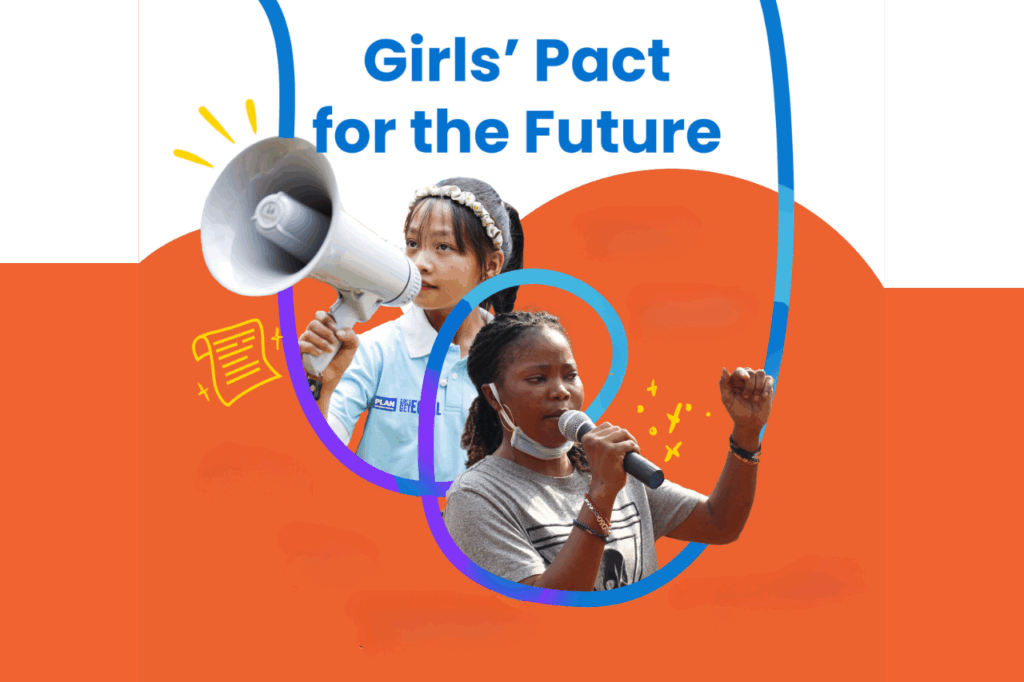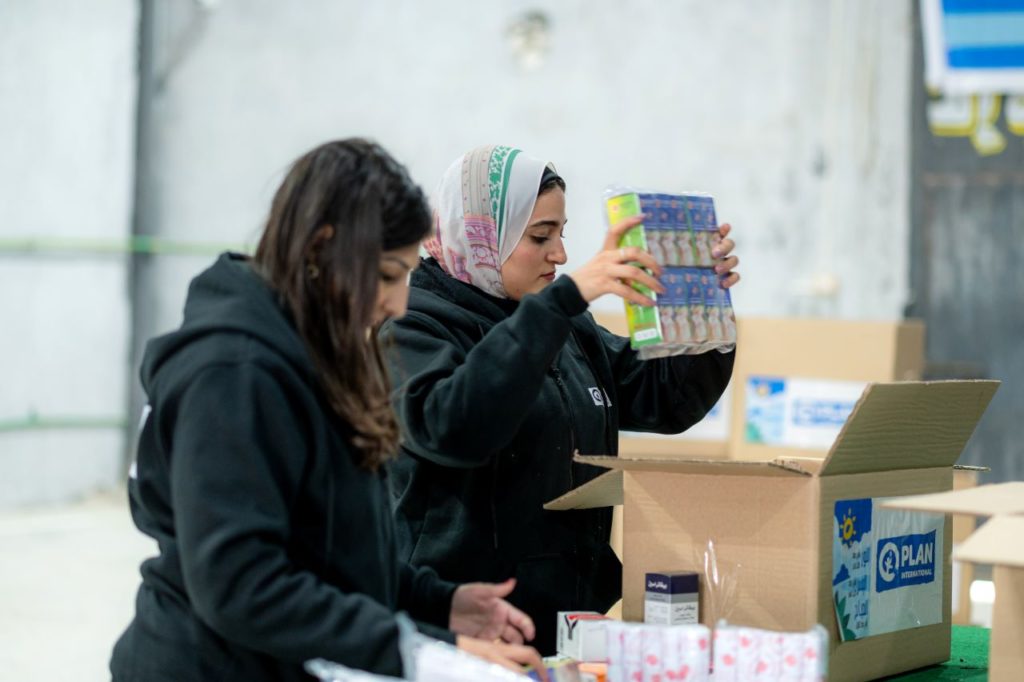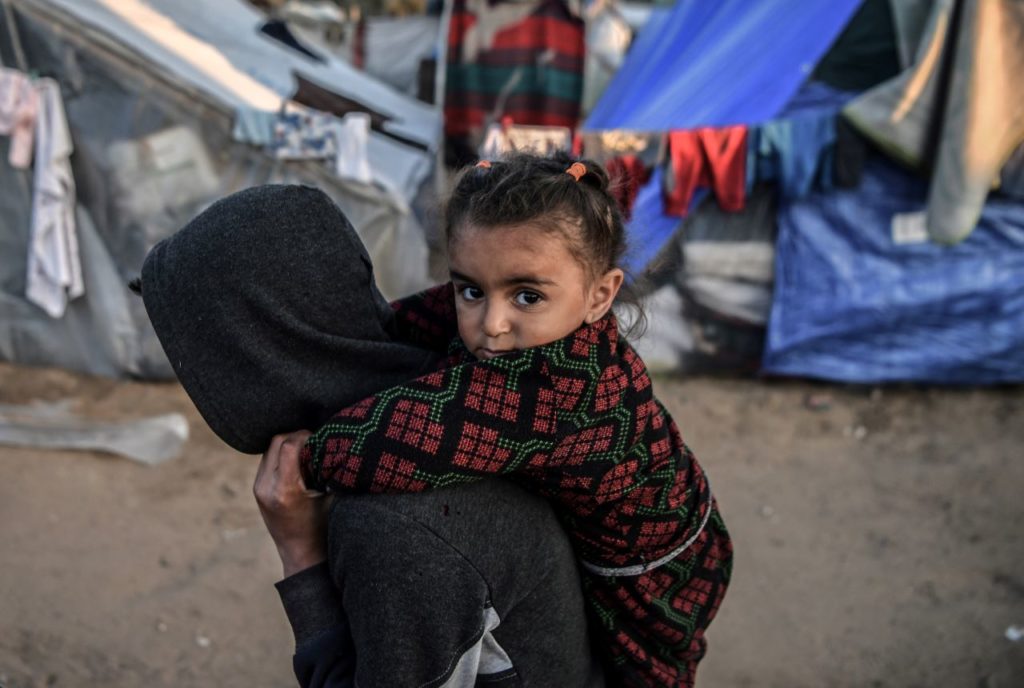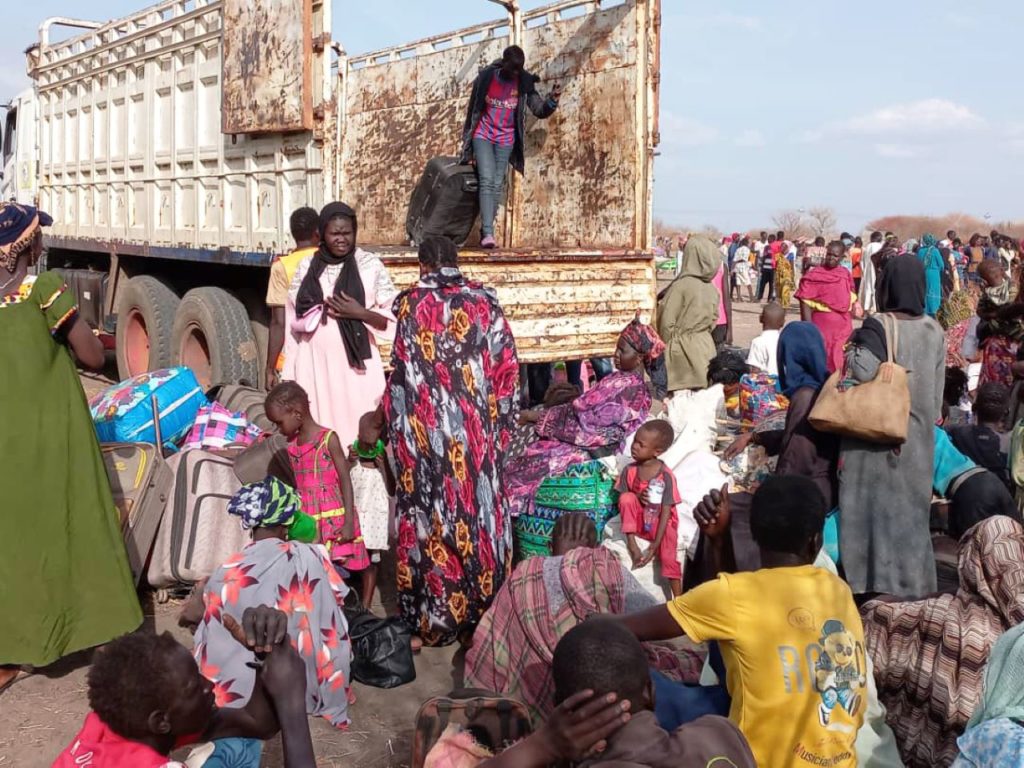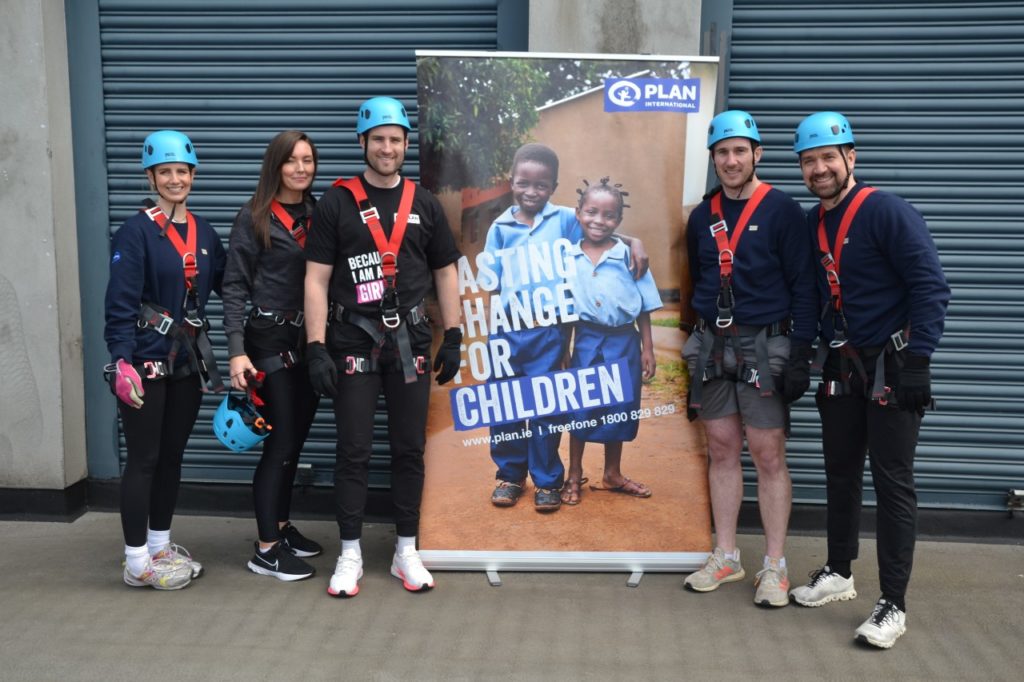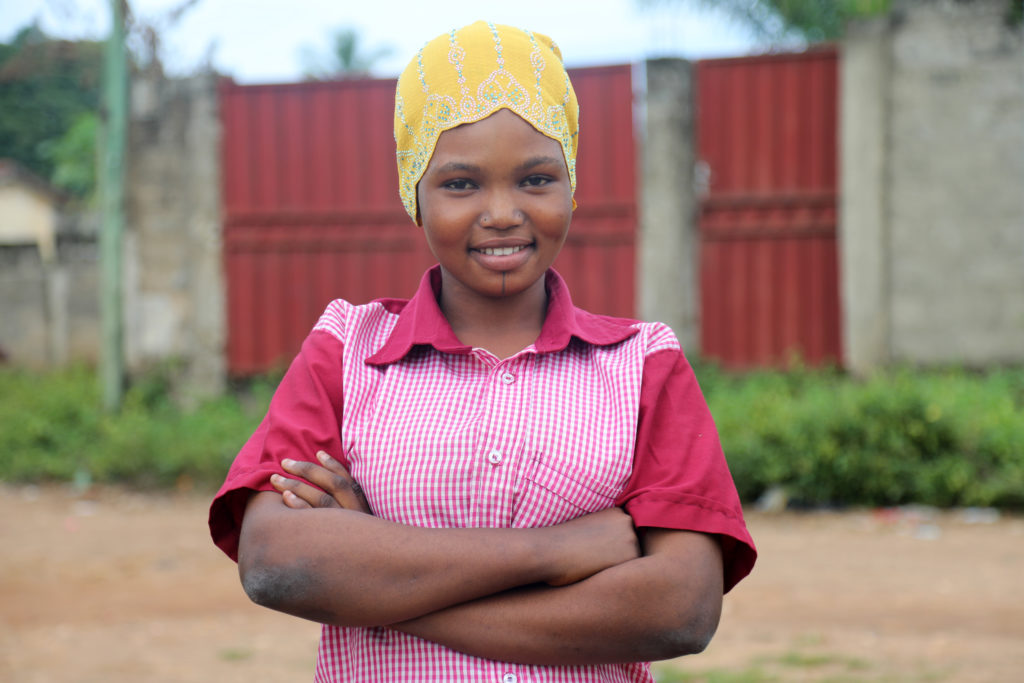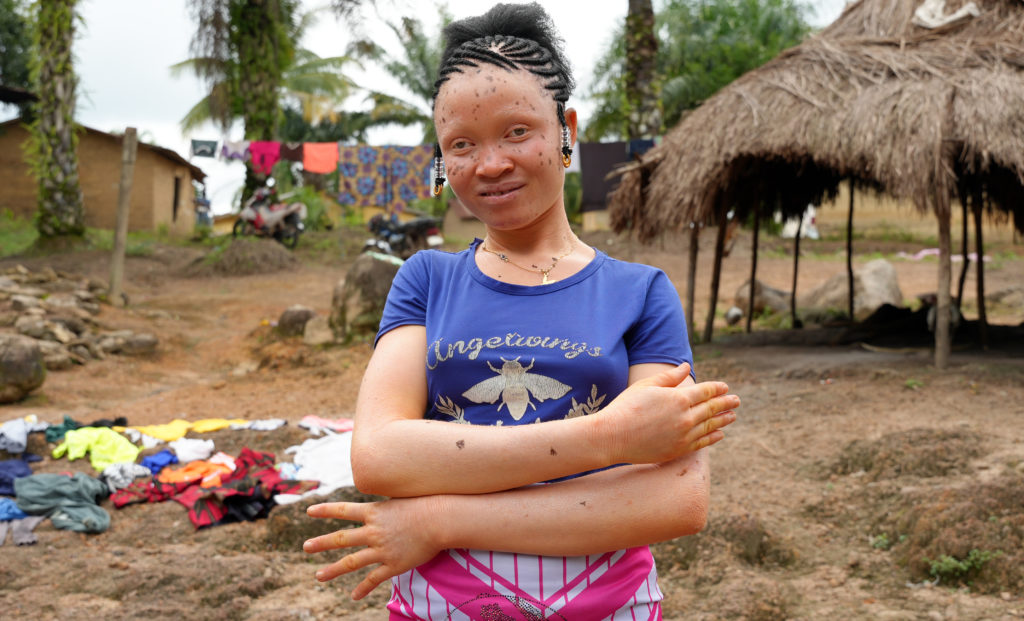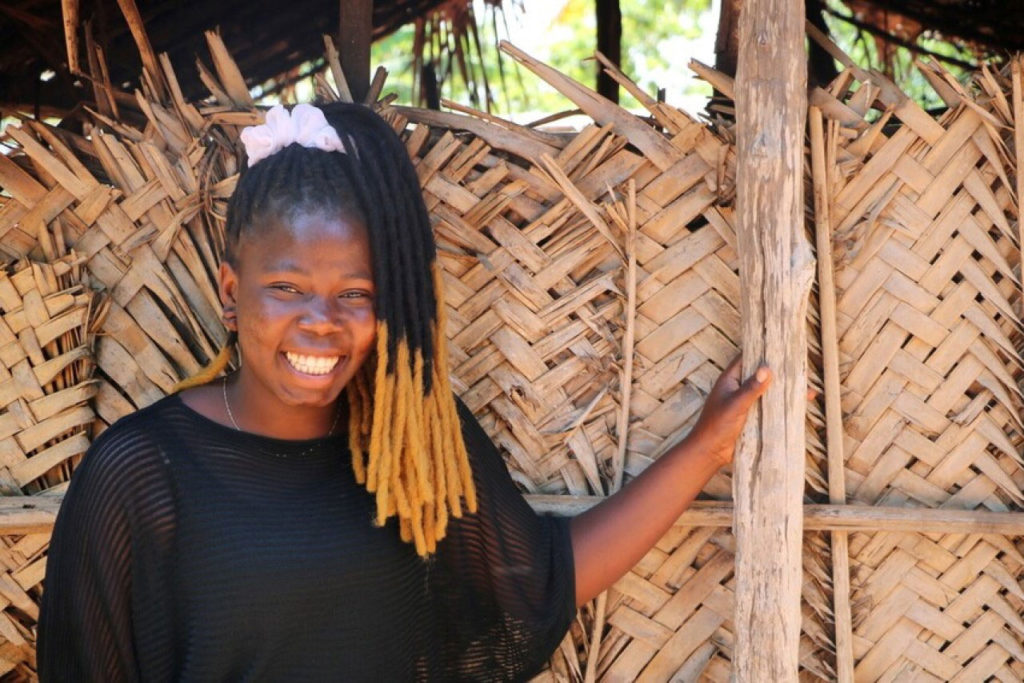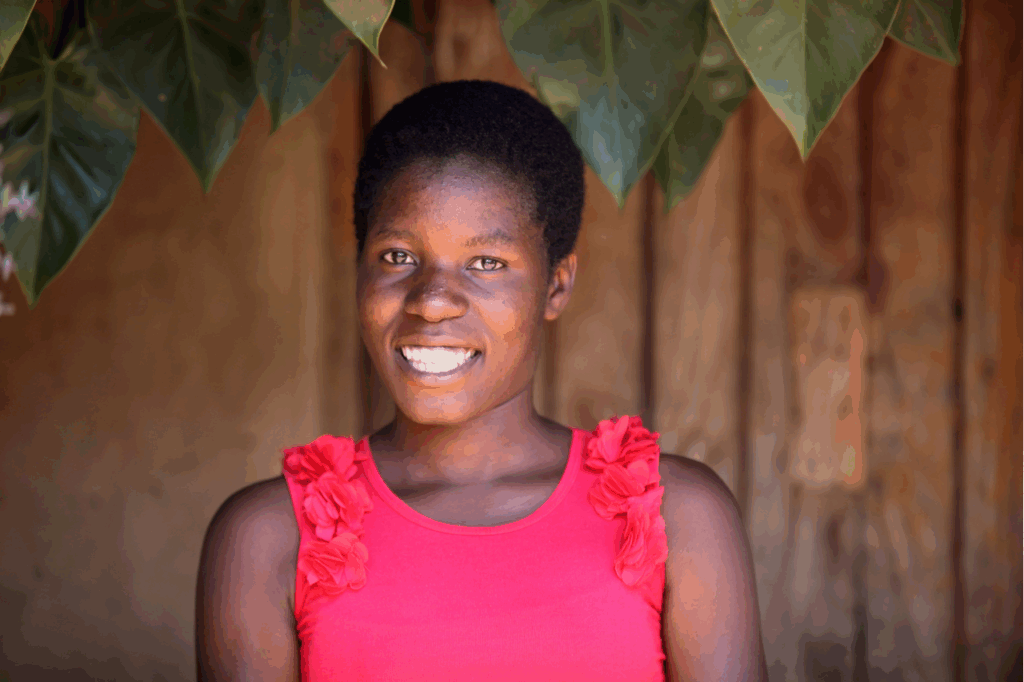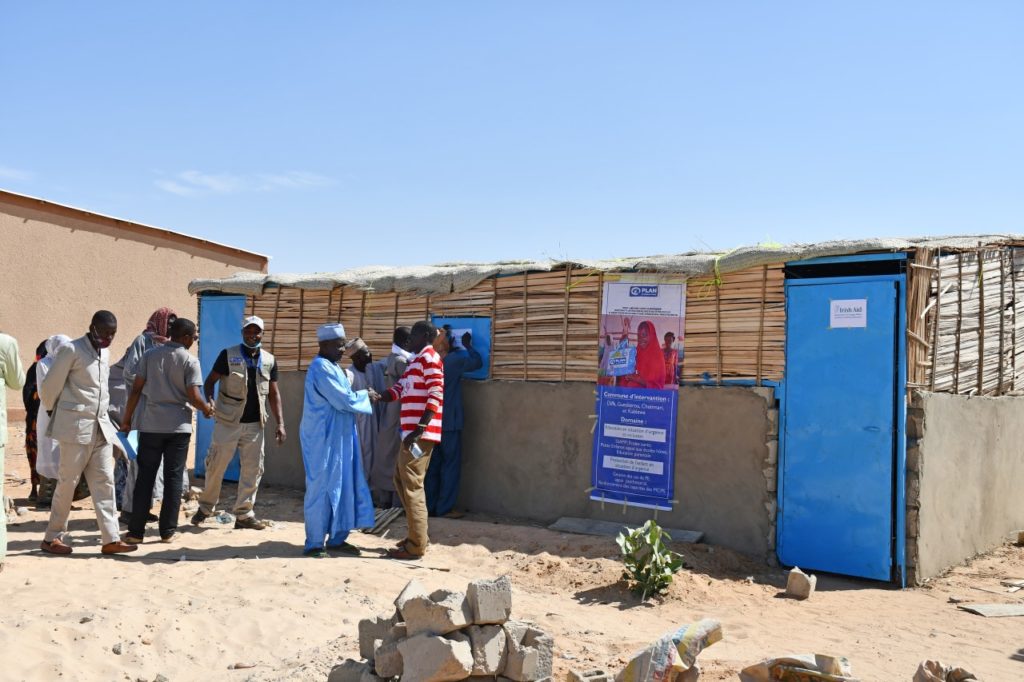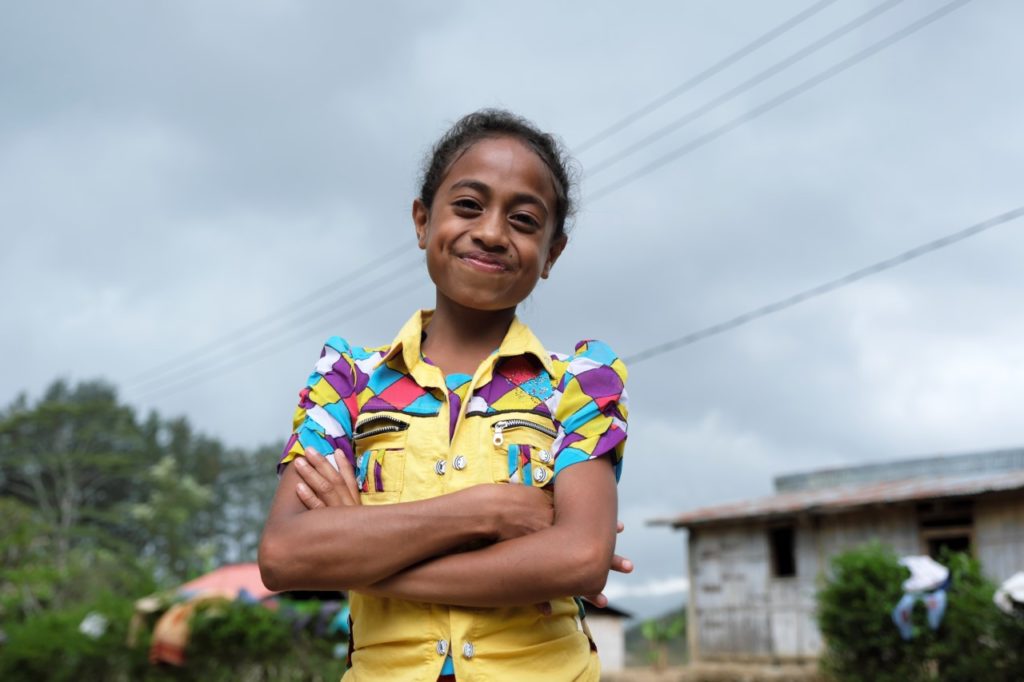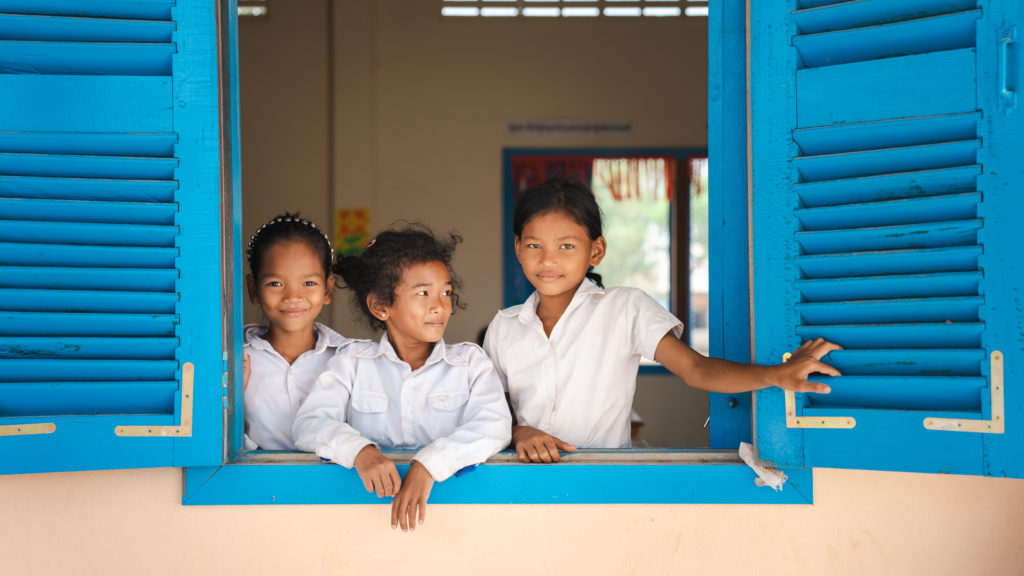In the last 15 years, Malaria has gone from being a neglected disease to one that is a priority for the international health community and for governments. Plan began implementing malaria programmes in the 1990s and began to form partnerships with governments, non-governmental organisations and communities.
Community volunteers play a crucial role in Plan-supported projects protecting children from malaria and its effects.
One such volunteer is Madeleine, 35, a mother, rice saleswoman and secretary of the Community Organisation of Moupemou village in Benin.
Madeleine has benefited from training led by Plan International Benin as part of the Palu Alafia project to fight malaria. Everyone in the village knows that if anyone gets malaria, they must quickly go to Madeleine’s home to receive health care.
Malaria screening
Each child screened by the community undergoes a malaria test before a decision is made. The test is done by the volunteers, respecting all the rules of hygiene required (hand washing with water and soap, gloves and cleaning the fingers of the patient prior to sampling).
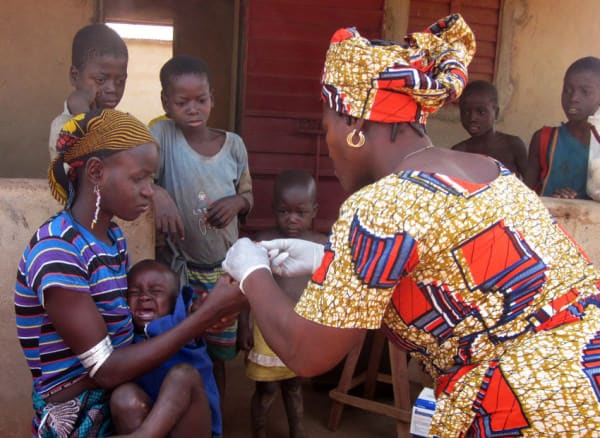
Madeleine screens children several times a day and dispenses treatment for uncomplicated malaria cases in her community.
“I confess that I always have heartache whenever I have to send parents to the health centre,” says Madeleine. “It’s located more than 5 kilometres from the village.”
Gentleness and diplomacy are key attributes for Madeleine to reassure children who are frightened by her work equipment, and to mitigate mothers’ anxiety.
She explains: “After the rapid test, it takes approximately 15 minutes to get the result. When a single line appears on the strip provided for this purpose, this means that the child is not suffering from malaria. The fever must be linked to another disease. Therefore we send the child to a health centre.
“When 2 lines appear, the test is positive. The child suffers contracted malaria and should be treated in the community if it is not a complicated case. Children who have tested positive are treated with the ACT (artemisinin-based combination therapies) that I give them.”
Changing behaviour to save lives
The community volunteers visit the child once or twice within 3 days after the treatment starts, in order to ensure that parents follow instructions, and to enquire about the child’s health.
Volunteers also conduct educational sessions and home visits to fight against malaria.
“Home visits are not made at random. When I see that a household does not apply the advice I give them to prevent malaria, I go and meet them to discuss the issue and most of the time, they change behaviour and are cautious because they know someone is looking at them,” says Madeleine.
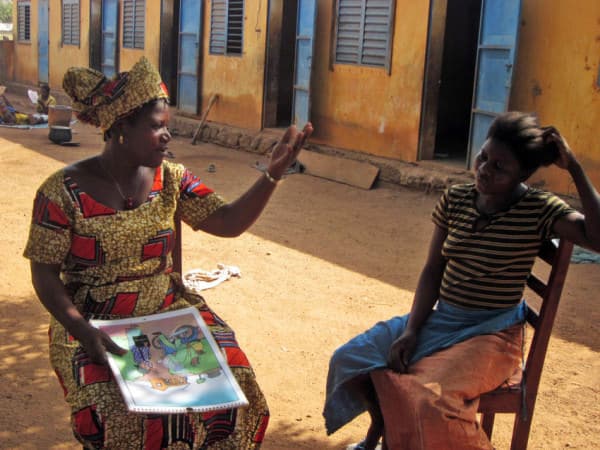
In addition, educational sessions to raise awareness are held twice a month in a public place and allow the monitoring of communities on prevention methods.
The project also distributes impregnated mosquito nets and educates households about their effective use.
“I’m really happy to be part of the Palu Alafia project. I’ve been trained, and the project has provided us with medicines to treat our people suffering from malaria,” says Madeleine.
